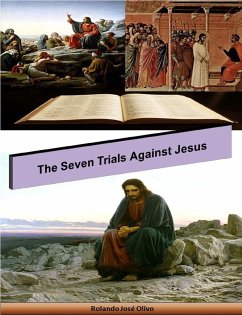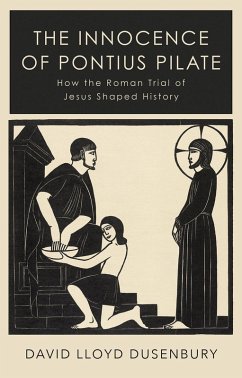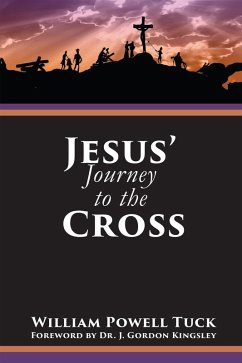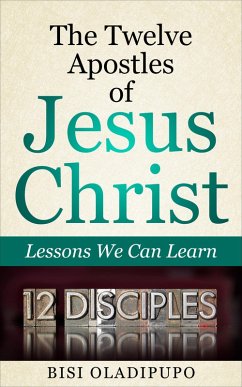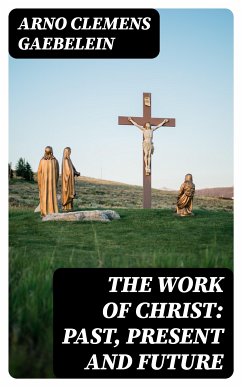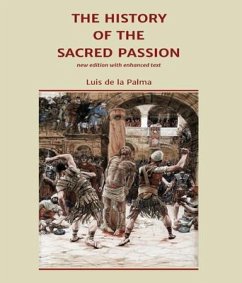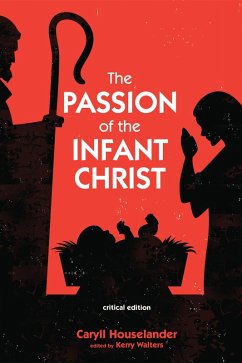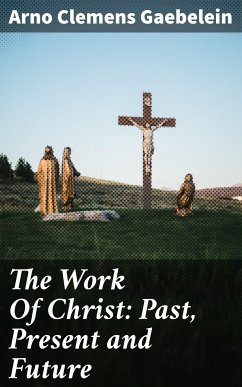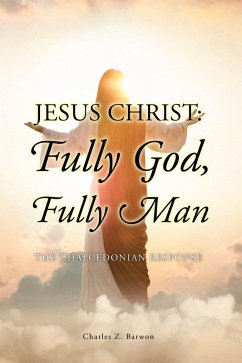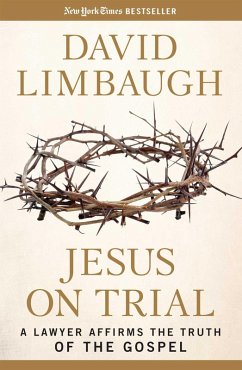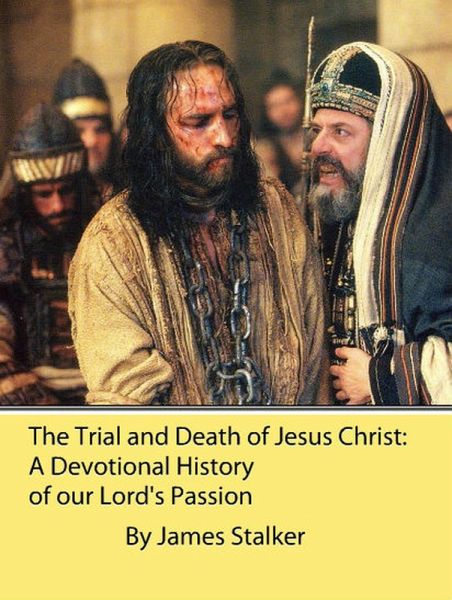
The Trial and Death of Jesus Christ: A Devotional History of our Lord's Passion (eBook, ePUB)

PAYBACK Punkte
0 °P sammeln!
Our study of the closing scenes of the life of our Lord begins at the point where He fell into the hands of the representatives of justice; and this took place at the gate of Gethsemane and at the midnight hour. On the eastern side of Jerusalem, the ground slopes downwards to the bed of the Brook Kedron; and on the further side of the stream rises the Mount of Olives. The side of the hill was laid out in gardens or orchards belonging to the inhabitants of the city; and Gethsemane was one of these. There is no probability that the enclosure now pointed out to pilgrims at the foot of the hill is...
Our study of the closing scenes of the life of our Lord begins at the point where He fell into the hands of the representatives of justice; and this took place at the gate of Gethsemane and at the midnight hour. On the eastern side of Jerusalem, the ground slopes downwards to the bed of the Brook Kedron; and on the further side of the stream rises the Mount of Olives. The side of the hill was laid out in gardens or orchards belonging to the inhabitants of the city; and Gethsemane was one of these. There is no probability that the enclosure now pointed out to pilgrims at the foot of the hill is the actual spot, or that the six aged olive trees which it contains are those to the silent shadows of which the Saviour used to resort; but the scene cannot have been far away, and the piety which lingers with awe in the traditional site cannot be much mistaken. The agony in Gethsemane was just over, when "lo," as St. Matthew says, "Judas, one of the twelve, came, and with him a great multitude." They had come down from the eastern gate of the city and were approaching the entrance to the garden. It was full moon, and the black mass was easily visible, moving along the dusty road. The arrest of Christ was not made by two or three common officers of justice. The "great multitude" has to be taken literally, but not in the sense of a disorderly crowd. As it was at the instance of the ecclesiastical authorities that the apprehension took place, their servants--the Levitical police of the temple--were to the front. But, as Jesus had at least eleven resolute men with Him, and these might rouse incalculable numbers of His adherents on the way to the city, it had been considered judicious to ask from the Roman governor a division of soldiers, which, at the time of the Passover, was located in the fortress of Antonia, overlooking the temple, to intervene in any emergency. And some of the members of the Sanhedrim had even come themselves, so eager were they to see that the design should not miscarry. This composite force was armed with swords and staves--the former weapon belonging perhaps to the Roman soldiers and the latter to the temple police--and they carried lanterns and torches, probably because they expected to have to hunt for Jesus and His followers in the recesses of His retreat. Altogether it was a formidable body: they were determined to make assurance doubly sure. I. The leader of them was Judas. Of the general character of this man, and the nature of his crime, enough will be said later; but here we must note that there were special aggravations in his mode of carrying out his purpose. He profaned the Passover. The better day, says the proverb, the better deed. But, if a deed is evil, it is the worse if it is done on a sacred day. The Passover was the most sacred season of the entire year; and this very evening was the most sacred of the Passover week. It was as if a crime should in Scotland be committed by a member of the Church on the night of a Communion Sabbath, or in England on Christmas Day. He invaded the sanctuary of his Master's devotions. Gethsemane was a favourite resort of Jesus; Judas had been there with Him, and he knew well for what purpose He frequented it. But the respect due to a place of prayer did not deter him; on the contrary, he took advantage of his Master's well-known habit. But the crowning profanation, for which humanity will never forgive him, was the sign by which he had agreed to make his Master known to His enemies.
Dieser Download kann aus rechtlichen Gründen nur mit Rechnungsadresse in A, B, CY, CZ, D, DK, EW, E, FIN, F, GR, H, IRL, I, LT, L, LR, M, NL, PL, P, R, S, SLO, SK ausgeliefert werden.




